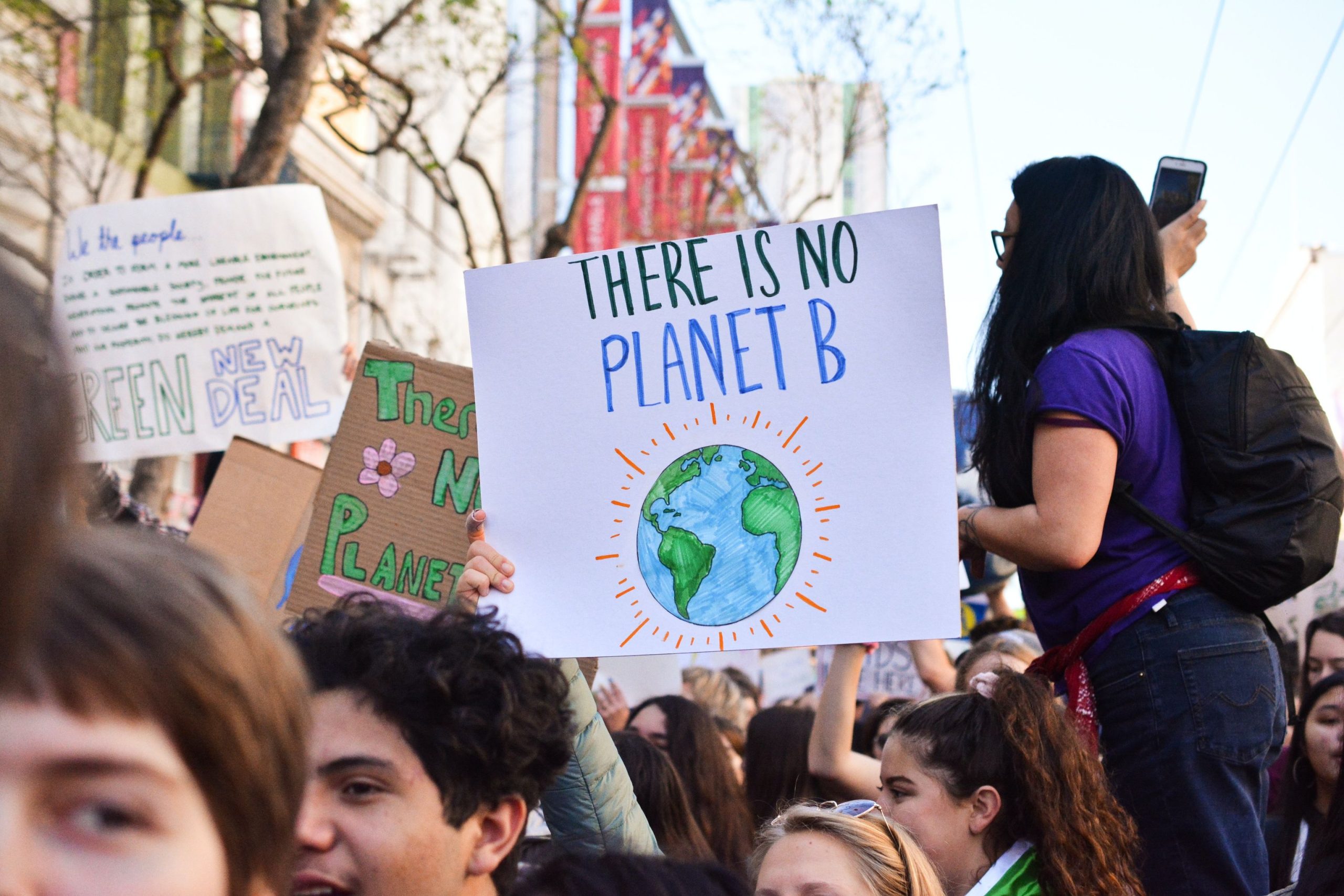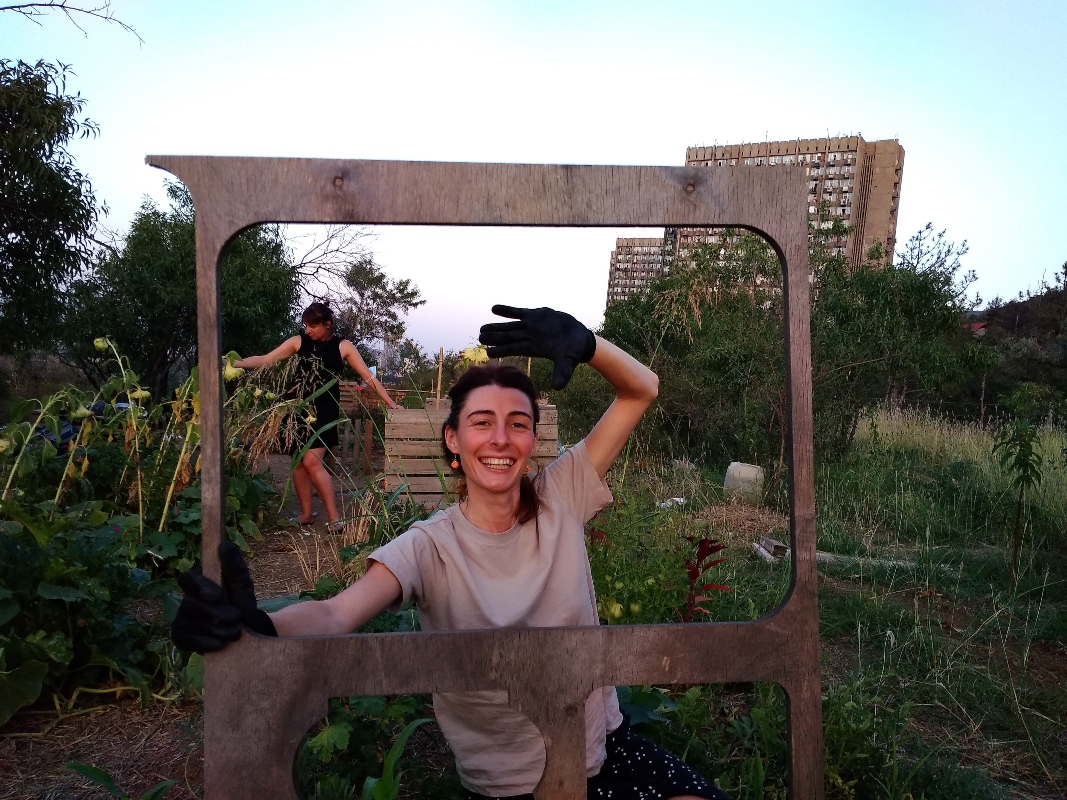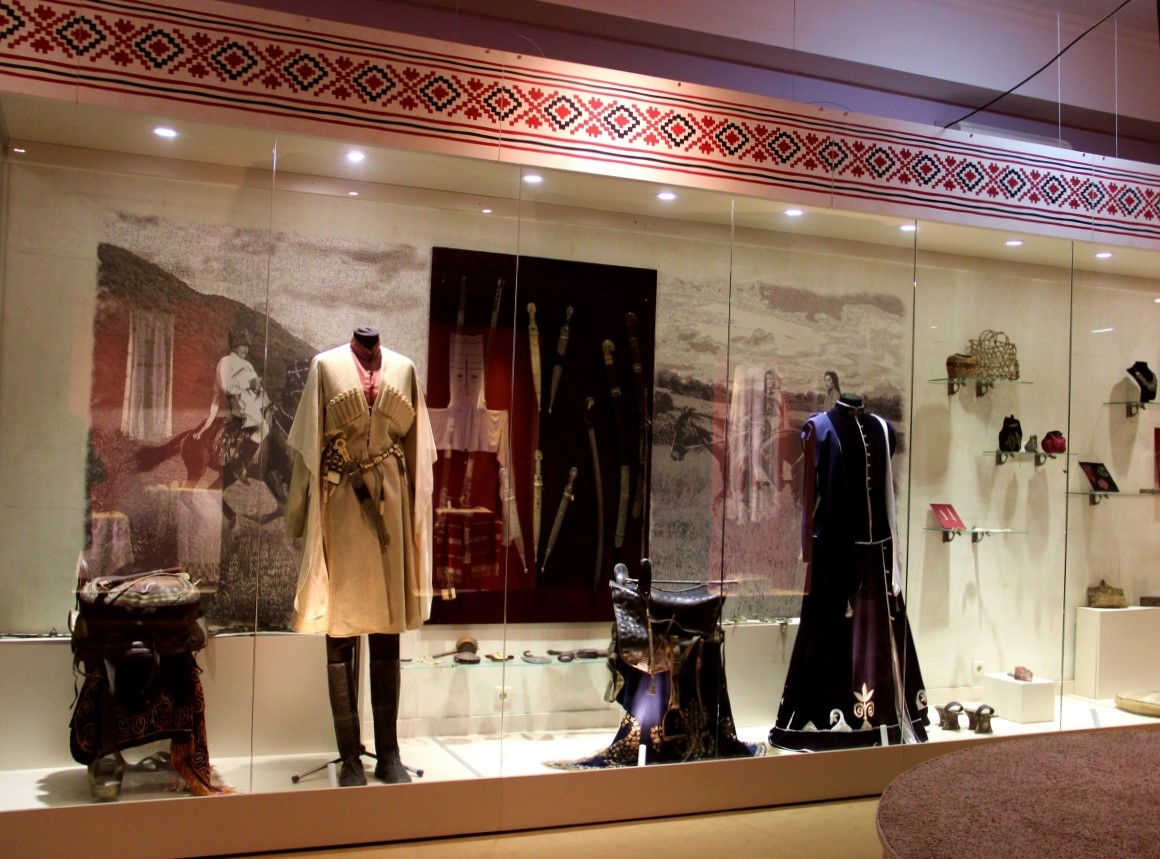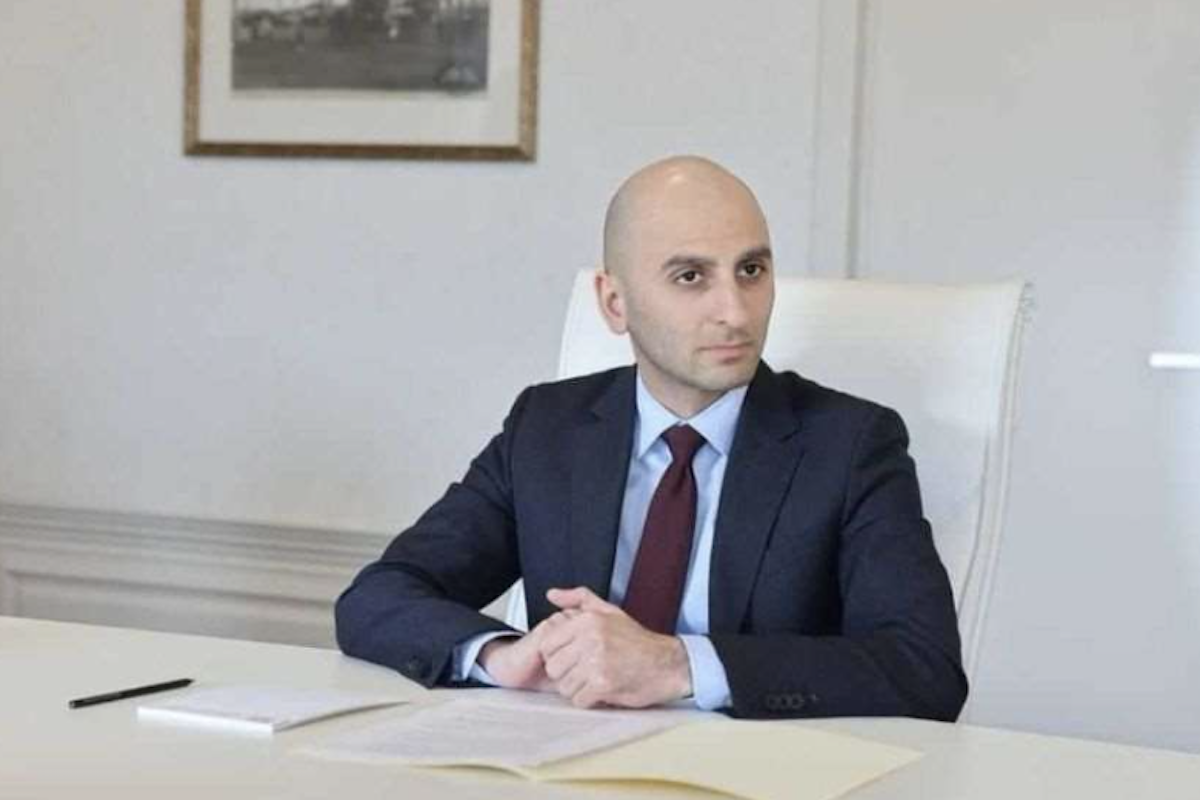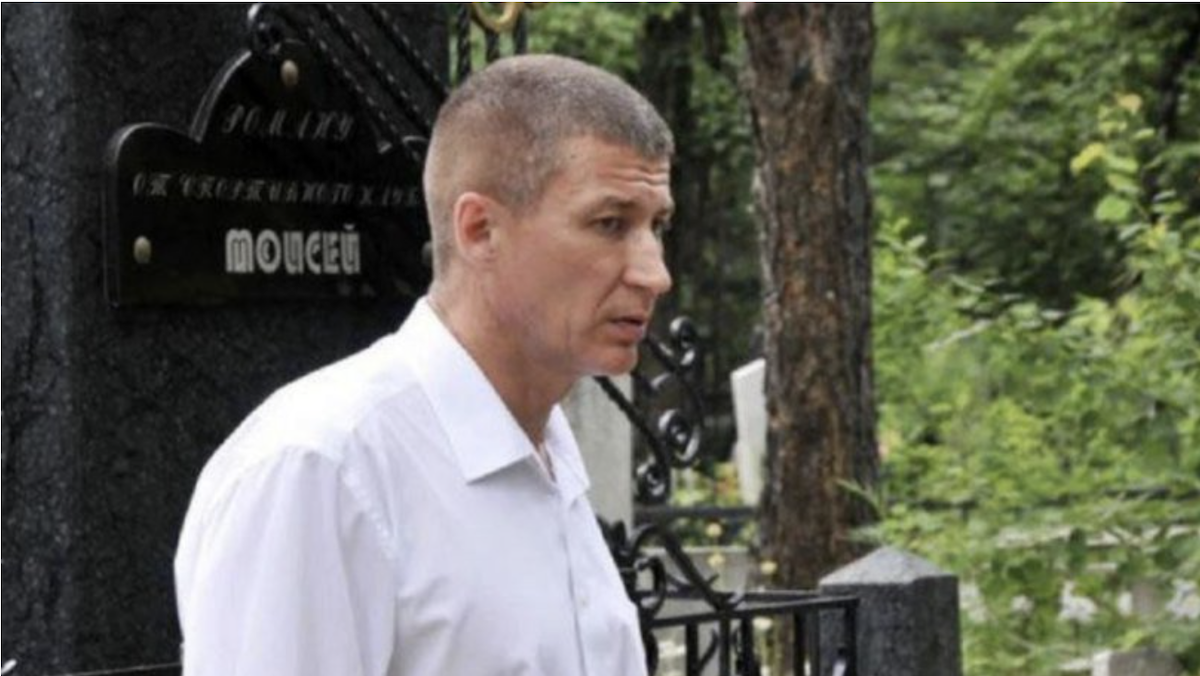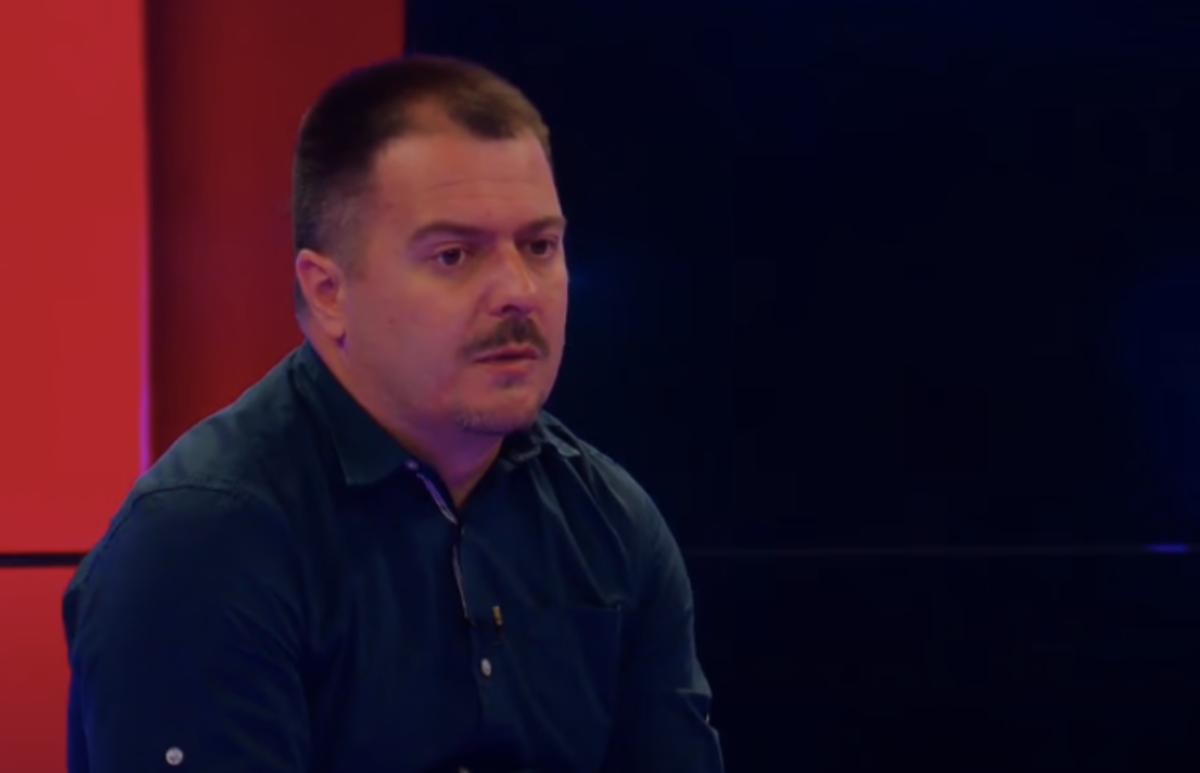How Silk Hospitality was able to reduce the use of plastic items to a minimum
Reducing plastic items
Silk Hospitality, which occupies one of the leading positions in the hospitality and entertainment industry in Georgia, has reduced the consumption of single-use plastic items in its facilities to a minimum over the last year.
Their hotels and entertainment establishments, part of the Silk Road group of companies, are located in the cities of Tbilisi, Batumi and Tsinandali. These are hotels like Radisson, Tsinandali Manor and others. In total more than 2000 employees work in the company.
In this article, we will tell you what the company’s environmental policy is, as well as what alternatives the company Silk Hospitality has found to reduce plastic consumption and what measures it has taken to not only change the policy in the field of service provision, but also to influence behavior with your message.
What are the dangers of single-use plastic items?
The production of synthetic packaging began in the ‘50s of the 20th century. Since then, humanity has produced 8.3 billion tons of plastic. Experts say that as of 2015 about 6.3 billion tons of plastic waste were generated, of which about 9% was recycled, 12% was incinerated, and 79% ended up in landfills or the natural environment.
If we maintain the current rate of plastic production and do not change waste management methods, then by 2050 the weight of all plastic will reach 12 billion tons.
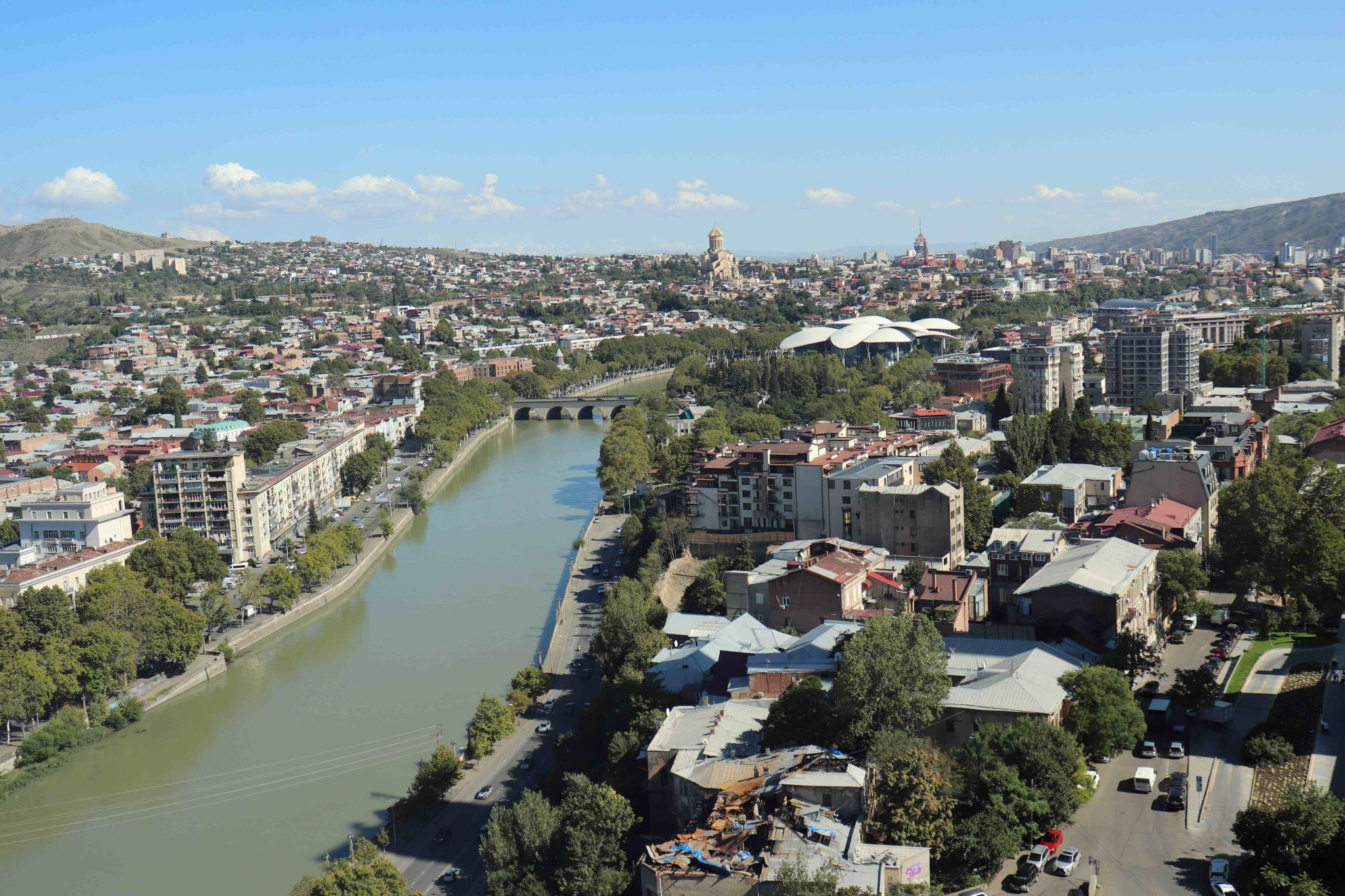
Plastic is made from polyethylene terephthalate (PET). This is the most common polymer material, mainly used for packaging. It does not decompose because it contains compounds that cannot be absorbed by bacteria and microbes, and therefore remains in the environment for a very long time, literally for centuries.
For example, a single-use plastic cup or bottle takes 450 years to decompose. A single-use coffee capsule takes 500 years to decompose, while a single-use coffee cup takes 30 years. And plastic straws remain in nature for 200 years.
This waste accumulates in the environment in several layers. It is difficult for the sun’s rays to penetrate and destroy them. Most plastic ends up in the oceans, but some decomposes and disperses into the air, land or water in the form of small particles.
One study shows that on average five grams of plastic enter our bodies every week.
How Silk Hospitality began to reduce the use of plastic items
“At Silk Hospitality, we recognize the vital need for environmental sustainability, especially in the fight against plastic pollution. Therefore, we have implemented a number of measures to reduce plastic waste,” Silk Hospitality CEO Jordi Kuijt says.
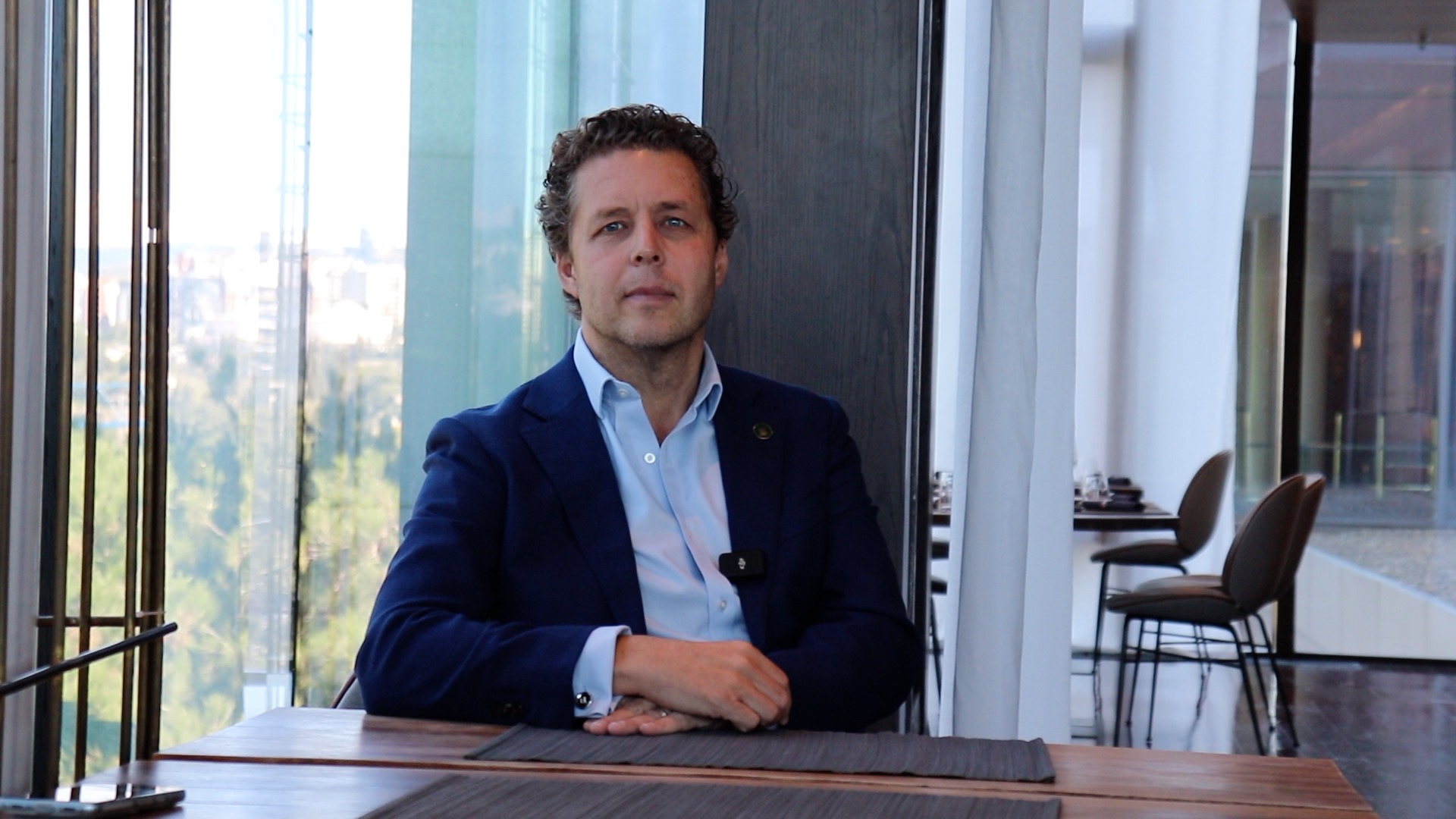
The company operates in a market that requires thousands of single-use plastic items to be served.
First, the company studied what exactly their main problem with plastic waste was. It turned out that they mostly used plastic straws, bath bottles (shampoo, cream, conditioner) and water bottles. In addition, a lot of plastic waste came from the food sector - packaging for mayonnaise, juice and sour cream, as well as other products, says Ilona Tekhova, the company’s manager for food safety and sustainable development.
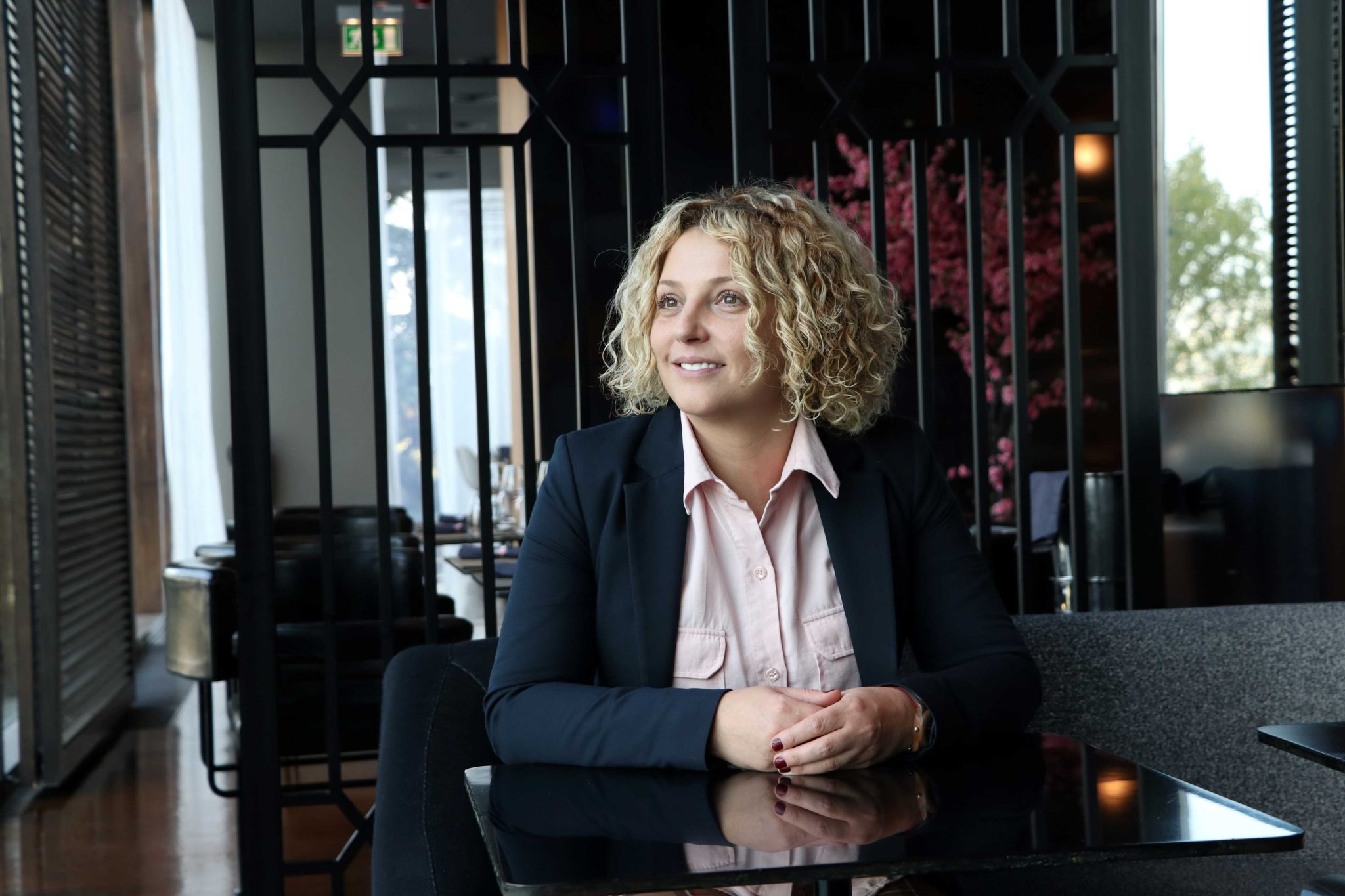
The company management discussed the results with employees, and eventually decided to begin phasing out the use of these items at its facilities.
“We had to look for alternatives in several directions, and also think about how to facilitate the recycling of waste that we could not completely eliminate,” Ilona recalls.
But in the end, alternatives were found in almost all areas.
Miniature plastic bottles for hotel room bathrooms have been replaced by large reusable dispensers. Initially, these items were changed in 10-10 rooms of large hotels and in all 70 rooms of the Park Hotel.
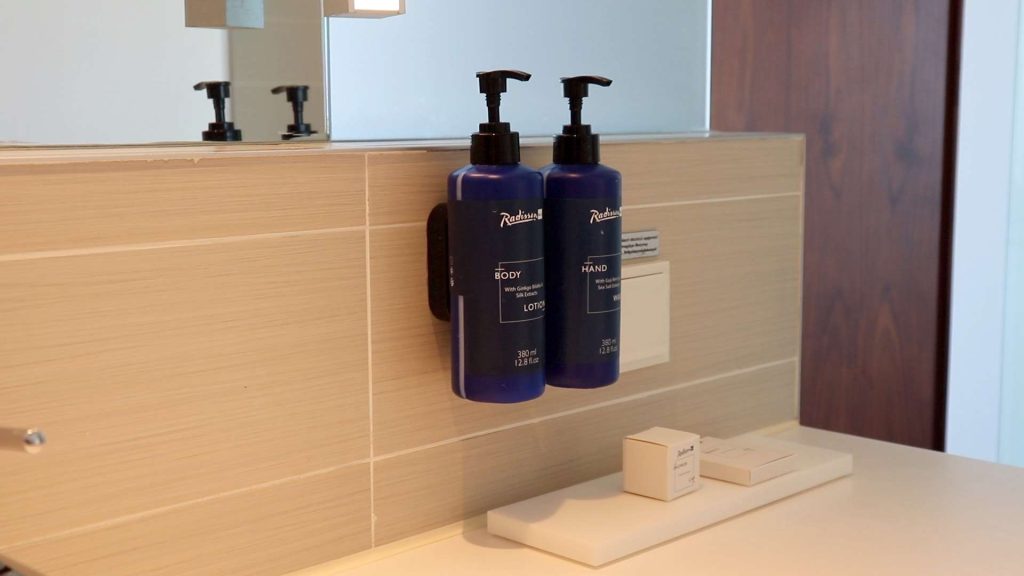
“By the end of the year, all rooms will be refitted There will be 236 hotel rooms in Tbilisi, 168 in Batumi and 124 in Tsinandali,” Ilona Tekhova says.
The next step was to replace plastic straws and stirrers. The company began looking for new suppliers and replaced these products with wooden alternatives.
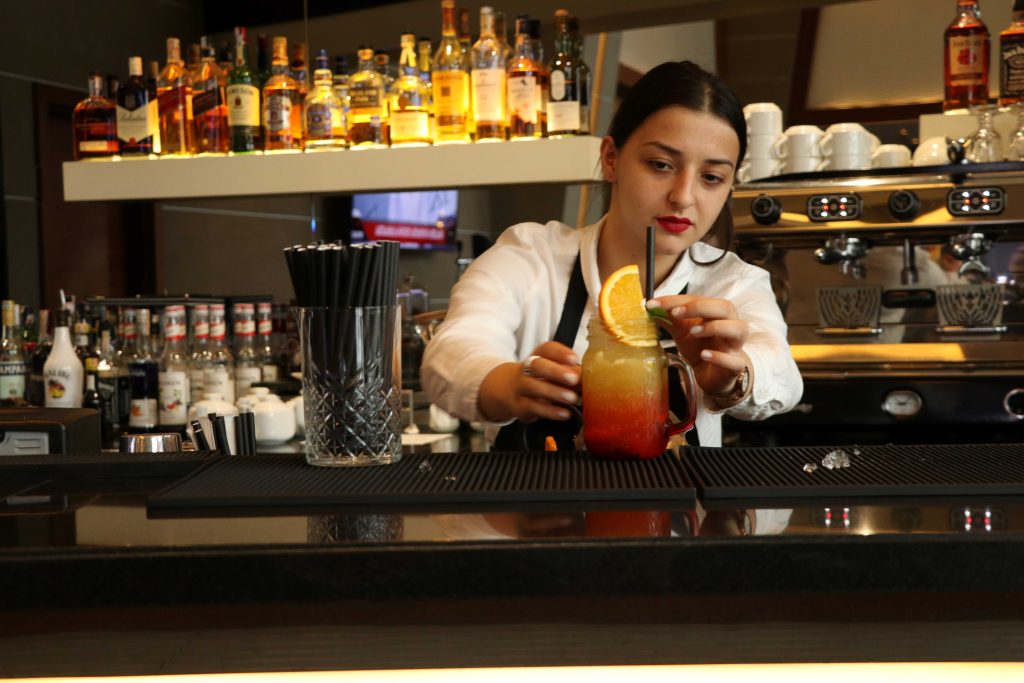
Replacing water bottles in meeting rooms was not difficult at all; Silk Hospitality began purchasing glass water bottles. Now the company uses approximately 1,000 fewer bottles each month at its facilities.
But, of course, the complete elimination of single-use plastic has not yet happened. So, the company thought about recycling the remaining waste.
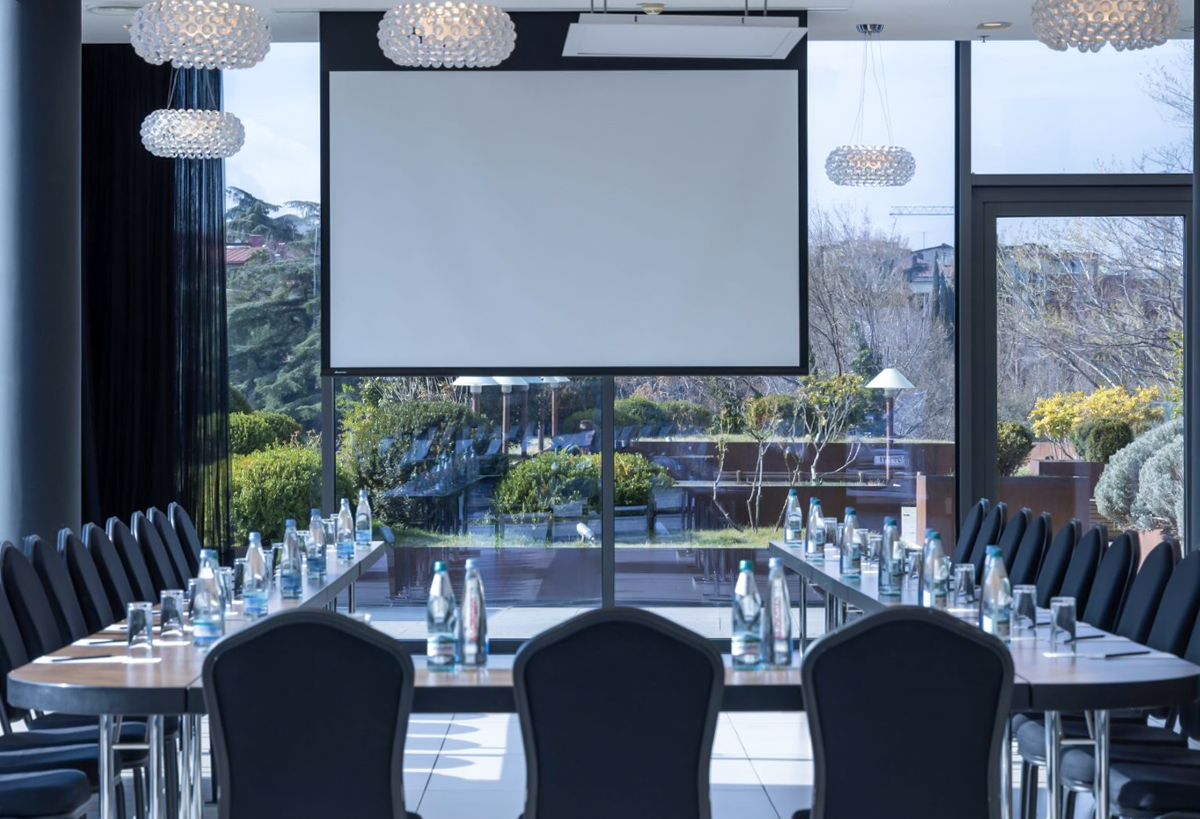
“We found a company called Tene which recycles single-use plastic products, and we give them the waste. We also collect glass waste and bring it to the Kere company,” Ilona says.
Tene receives more than 400 kilograms of plastic per month from Silk Hospitality, and Kere receives 2,600 kilograms of glass waste.
Changing employee behavior
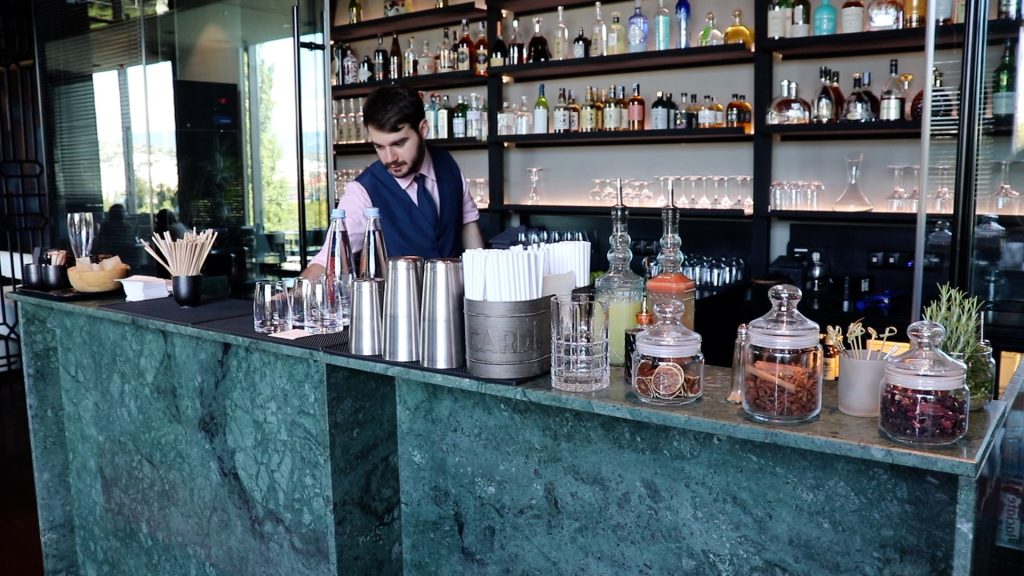
But the company’s commitment to sustainability doesn’t stop there. It was also critical to reduce employees’ use of single-use plastic items outside of work.
To this end, Silk Hospitality has launched an employee awareness campaign.
“Many of us had no idea how much damage we were doing to the environment by using, for example, disposable water bottles or plastic bags. After analyzing this, we began to push each other to change our behavior,” Ilona says.
Silk Hospitality has also eliminated plastic water bottles in its service areas and switched to filtered tap water dispensers.
This, among other things, has minimized the use of disposable cups by employees — now everyone uses ceramic cups.
What are the company’s plans for the future?
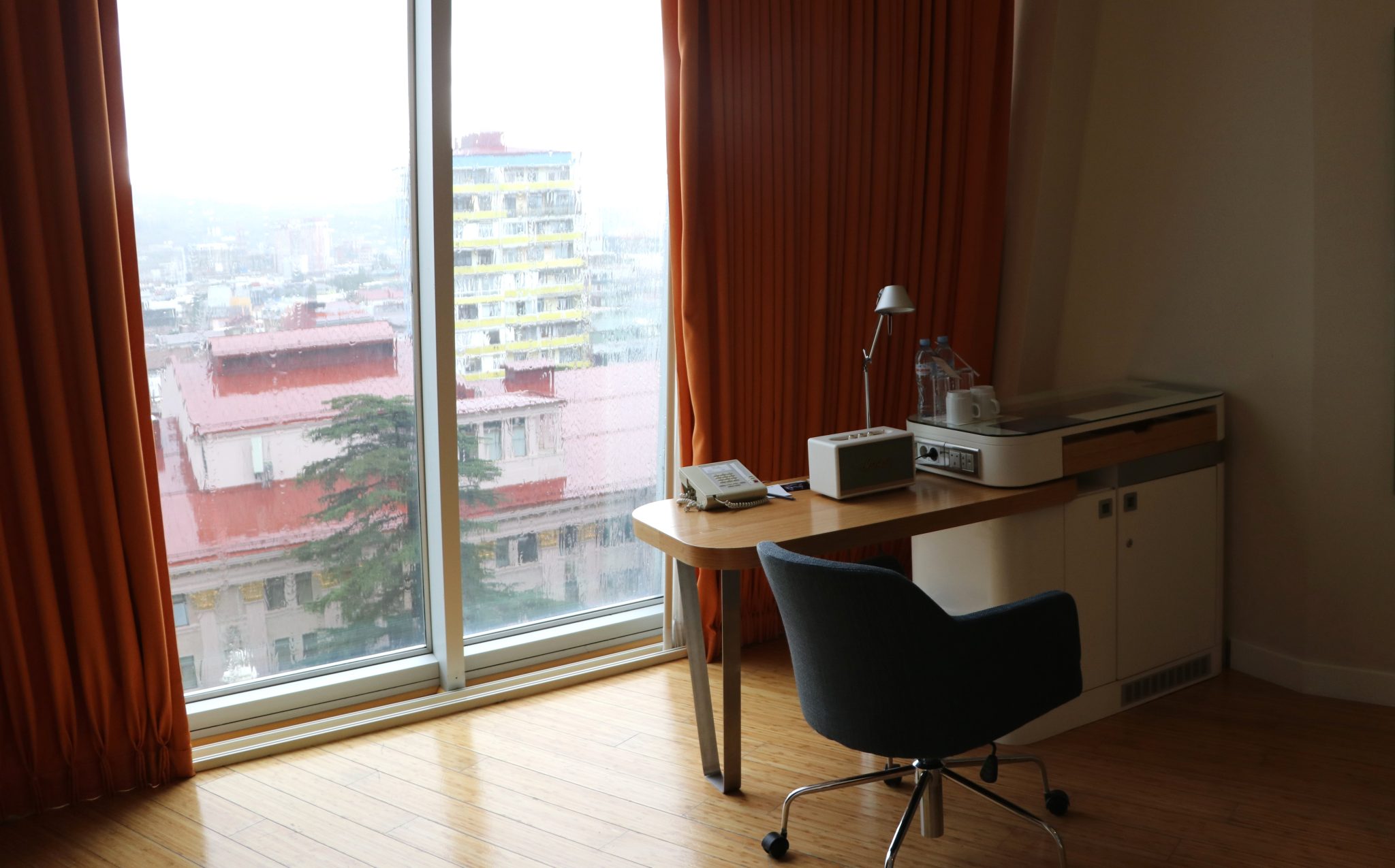
Silk Hospitality plans to completely eliminate single-use plastic items.
In addition, work has begun on energy saving. The first step has already been taken — chargers for electric vehicles in the parking lot of the Radisson hotel in Tbilisi.
Ilona says that in this way they want to encourage customers who prefer electric vehicles.
“We have taken a number of measures to implement a sustainable environmental policy. For example, it is very important that we have begun to replace single-use plastic in all our facilities. For Silk Hospitality, sustainability means taking care of the future. In everything we do, we take into account the impact we have on ourselves and future generations,” Silk Hospitality CEO Jordi Kuijt says.
The story is developed within the project “Empowering People for Circular Solutions in Georgia”, implemented by CENN, with the support of the USAID’s Economic Security Program.
Reducing plastic items










